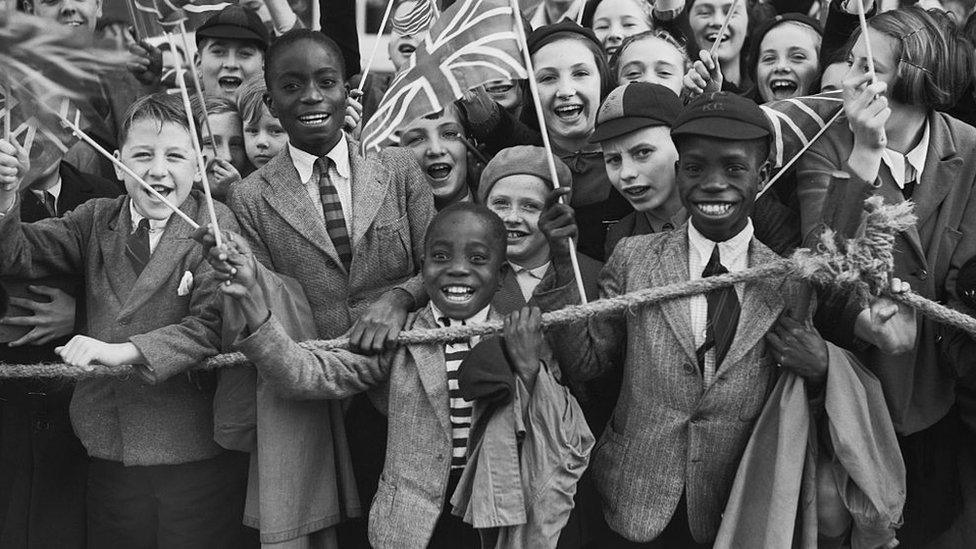Black History Month: 'My jaw dropped when I saw what we were learning'
- Published
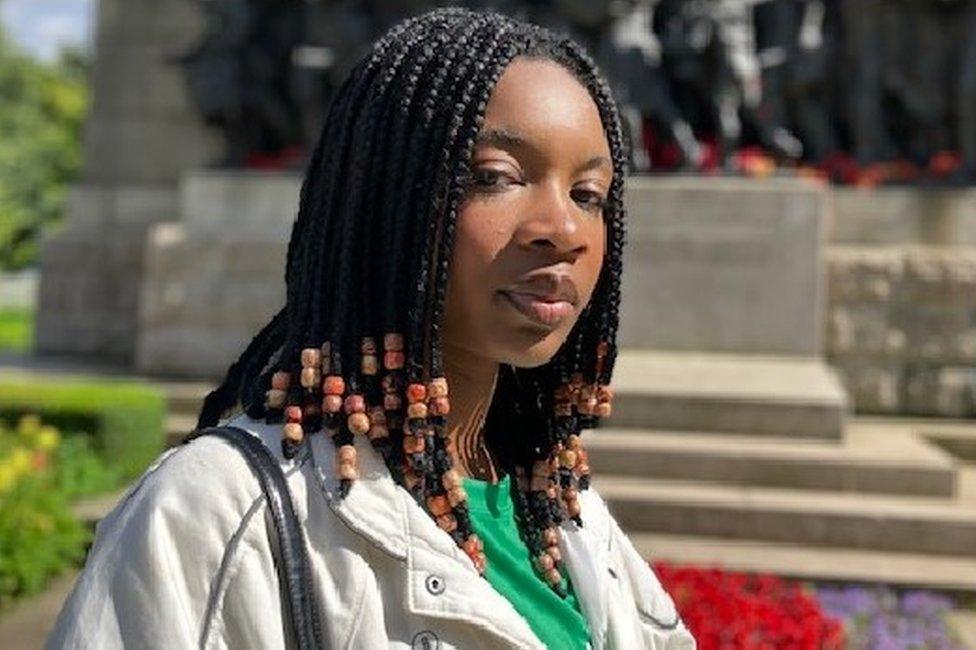
Deborah, 15, from Newcastle, wants black history ingrained into the curriculum, following her own experiences as a student
Deborah still remembers her only history lesson about the slave trade.
"We looked at how to escape the plantation," she said.
"I was scandalised because what sort of lesson plan is that?
"Even as a 12-year-old and not really having formulated full opinions on these things, my jaw dropped when I saw it - and we had to present these ideas to the class."
Now aged 15 the student from Newcastle explained why she believed black history needed to be ingrained across the curriculum.
"Stuff like this doesn't help with racism - it encourages ignorance and ignorance is the worst thing you can have."
October is Black History Month in the UK, which offers the opportunity to share, celebrate and understand the impact of black heritage and culture.
Education is a devolved issue and the government said there was "flexibility and freedom" within the curriculum to study black history.
But Deborah, who is studying for her history GCSE, has called on Westminster to try to "diversify" the curriculum a bit more.
She said when it came to history she was "shocked" to find out there were previously black people in the UK because "we never, ever talk about it".
"It's quite unfortunate really, because the type of figures I look up to are the people inside the media, people like Beyoncé when I was growing up.
"There's a mandatory curriculum that the government can impose. While it's not going to cure everything immediately, I think the first step to solving a problem is acknowledging there is a problem.
"Nobody really acknowledges there is a problem so we never really get anywhere."
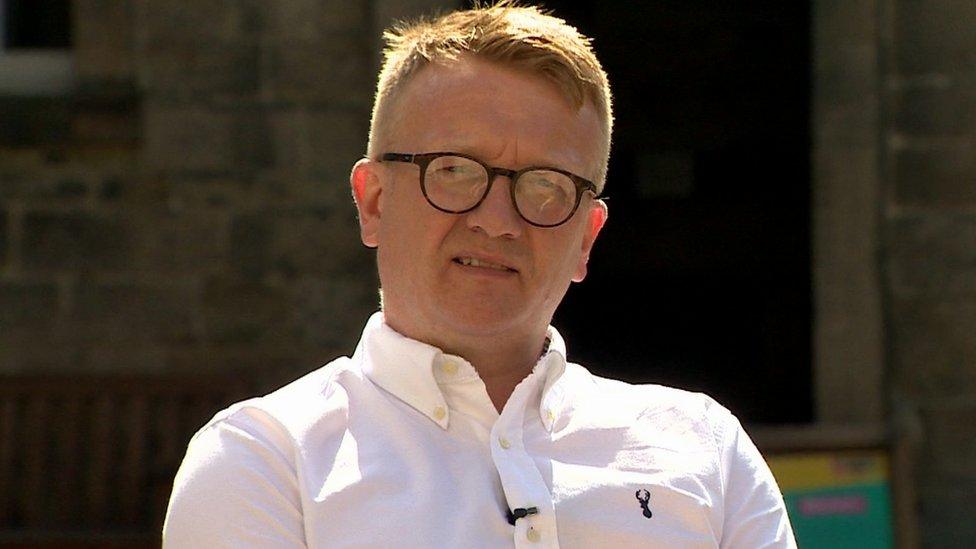
Teacher Terry Graham set up Project North Star, which aims to explore the North East's black history through education
Some schools in the North East are making changes to their curriculum, with teachers including more examples of influential figures.
Terry Graham, head of history at Heworth Grange School in Gateshead, set up Project North Star to encourage others to teach black history in their lessons.
"There's been black history in the North East since Roman times," he explained.
"We've got archival evidence up on Hadrian's Wall and lots of other places about a black presence in the North East.
"My Year 7s last year would have said black history is just good history, it just engages young students."
As a white man, he said he was aware of his own "privilege" when it came to teaching and it should not put others off.
"I had to learn how to do this with a great deal of sensitivity and a great deal of awareness about my privilege and where I come from," he said.
"I don't want to lecture people, I want to stand at the sides and present history."
'Forgotten history'
Terry took part in education sessions during the summer holidays which aimed to teach children about the North East's diverse history.
During an event at the Gibside estate, in Rowlands Gill, they learned about William Johnson, who was black and worked as a footman there in the late 1700s.
Busola Afolabi, director of educational charity Success4All, which organised the event, said everyone should have the opportunity to learn about their heritage.
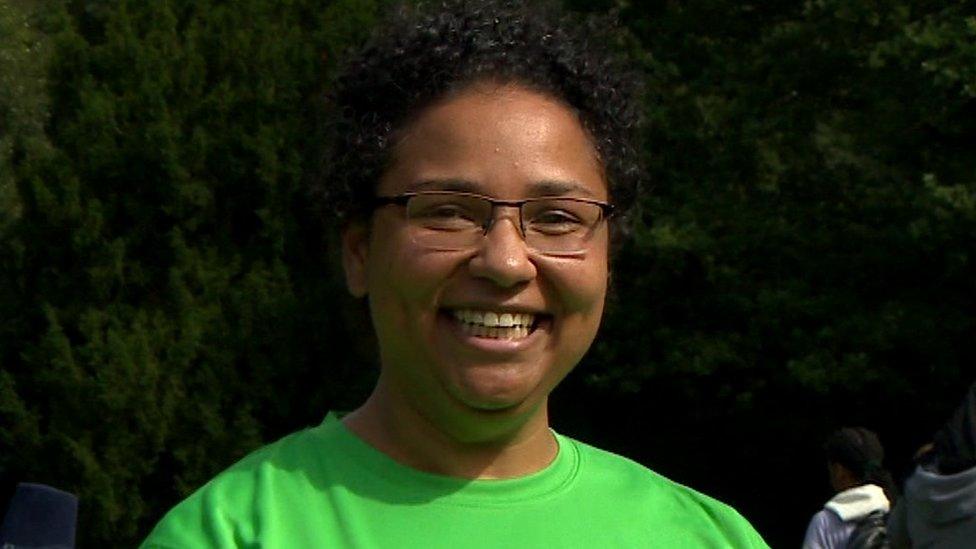
Busola Afolabi from Success4All says it was important for children to take "ownership" of their learning
Ms Afolabi said: "We have a very, very diverse group of young people and one of the things our history curriculum misses is that diversity.
"What they have been really excited about is that element of forgotten history and them being able to bring it back to life.
"Knowing something that maybe no one else in Newcastle knows and then wanting to go and tell their parents and friends."
One school that has already made changes to its curriculum is Mortimer College in South Shields.
Kathryn Meyer, head of history, said it allowed students to experience "a vast range" of stories.
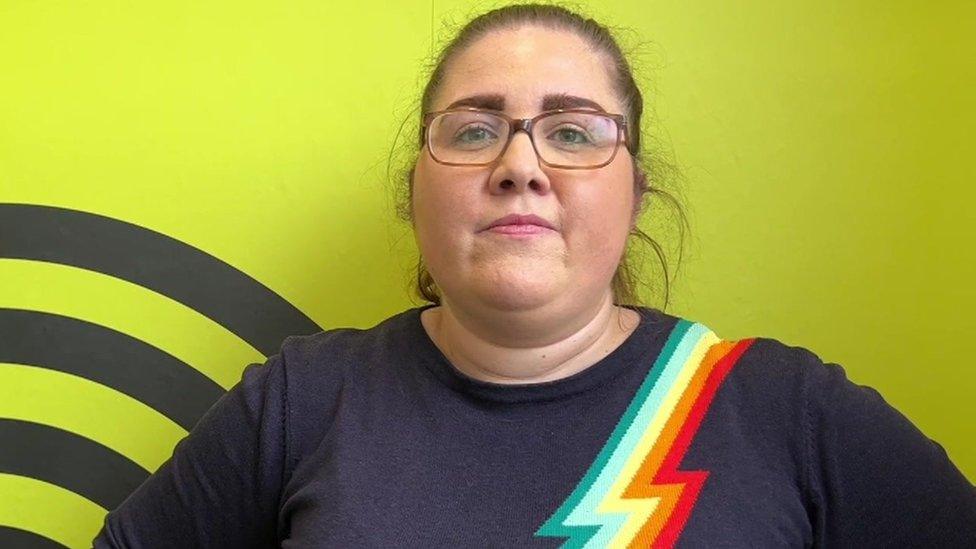
Mortimer College's head of history, Kathryn Meyer, says changes to the school's curriculum have been positive
"We have started to move away from that kind of binary history where we are only focusing on white history and kings and queens," she said.
"In Year 8 for example, when we study the Tudors, yes we study about those kings and queens because those stories are important, but we also study about black history and how diverse Tudor society actually was.
"We are a really diverse school, so I think it's really, really important that we are presenting those stories to students to ensure that they really understand the history of the world and the global history and its importance."
And her pupils are appreciating it.
Stella, 15, from South Shields, said she felt it made her classmates "more aware".
"It makes everyone else heard, so they're not swept to the side and we can understand their history rather than just our own," she said.
Grace, also 15, agreed.
"Our school is very diverse and it's important so they feel like they can be proud of who they are," she added.
"And everyone else can learn about their culture - because it's interesting."
You can watch the report on BBC Politics North (North East & Cumbria) on the BBC iPlayer.

Follow BBC North East & Cumbria on X (formerly Twitter), external, Facebook, external and Instagram, external. Send your story ideas to northeastandcumbria@bbc.co.uk, external.
- Published7 September 2023
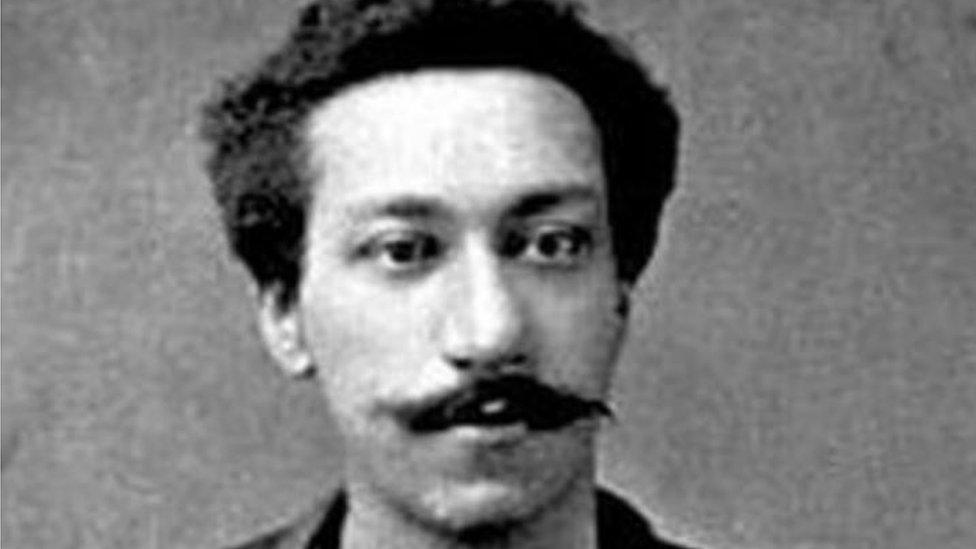
- Published2 June 2022
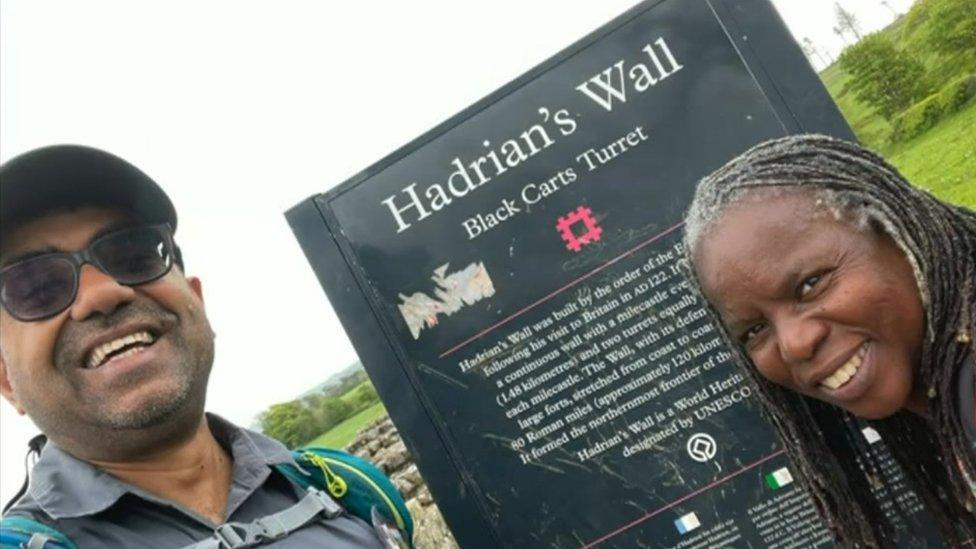
- Published9 June 2020
